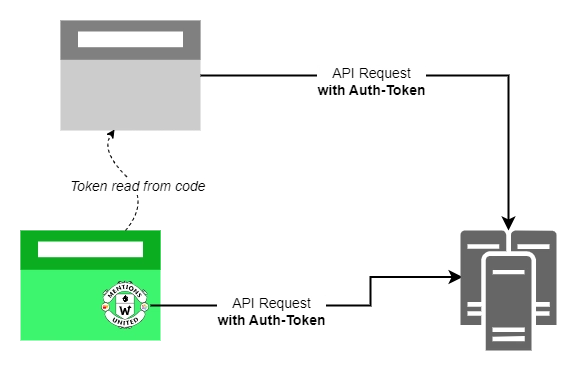Navigating the world of proxies can feel like stepping into a maze. With so many options out there, it’s easy to get lost. But don’t worry, we’ve got you covered. In this guide, we’ll dive deep into ISP proxies and residential proxies—two of the most popular types—and help you figure out which one fits your needs.
What Proxies Are and Why You Should Use Them
Proxies are powerful tools that act as intermediaries between you and the internet. Think of them as a mask for your IP address. They let you browse anonymously, access geo-blocked content, and carry out tasks like web scraping without triggering bans.
Why should you care? Here’s why proxies are essential:
Privacy: They protect your identity by hiding your real IP address.
Access: Unlock content from anywhere, even if it's restricted in your location.
Performance: Reduce lag and improve speed—ideal for gaming and streaming.
Data Collection: Scrape websites without worrying about IP blocks.
Now that we know why you need them, let’s break down the two main proxy types: ISP and residential.
Introduction to ISP Proxies
ISP proxies are a unique hybrid. They use IPs from real ISPs (Internet Service Providers) but are hosted in datacenters. This combination offers the speed of datacenter proxies and the credibility of residential ones. You get the best of both worlds.
Core Features of ISP Proxies:
Speed: Because they’re hosted in datacenters, ISP proxies are faster than residential proxies.
Reliability: High uptime and consistent performance make them dependable.
Legitimacy: Recognized as real IPs by websites, which helps reduce the chance of being blocked.
When to Use ISP Proxies
Web Scraping: ISP proxies are faster and less likely to be blocked. Ideal for collecting large datasets.
Example: An e-commerce business uses ISP proxies to gather competitor pricing data without facing IP bans.
Streaming: Their speed ensures seamless streaming experiences.
Example: A user in Asia uses an ISP proxy in the US to stream Netflix content without buffering.
Gaming: ISP proxies offer reduced latency, improving your gameplay experience.
Example: A gamer in Europe uses an ISP proxy to access US game servers, reducing lag and boosting performance.
Introduction to Residential Proxies
Residential proxies use IPs assigned to real users by ISPs. These IPs are linked to physical locations, making them seem like regular users to websites. They’re highly anonymous and harder to detect.
Core Features of Residential Proxies:
Anonymity: Residential proxies mimic real users, making them much harder to detect and block.
Geo-targeting: Since these IPs are tied to real locations, they’re perfect for accessing region-specific content.
Security: With higher anonymity, they’re ideal for sensitive tasks.
When to Use Residential Proxies
Data Scraping: For sensitive websites where anonymity matters, residential proxies are your best bet.
Example: A market researcher uses residential proxies to scrape data without triggering alarms from competitor websites.
Privacy Protection: If staying anonymous is a priority, residential proxies have you covered.
Example: A journalist in a restricted country uses a residential proxy to access blocked news websites.
Bypassing Geo-Restrictions: Residential proxies allow you to access region-locked content easily.
Example: A user in Europe uses a residential proxy in the UK to watch BBC iPlayer.
Comparing ISP Proxies and Residential Proxies
Let’s get straight to the point. Here’s how ISP and residential proxies differ:
Speed: ISP proxies are faster, thanks to datacenter hosting. Residential proxies tend to be slower, as they depend on real user traffic.
Anonymity: Residential proxies win here. They offer a higher level of anonymity because they appear as regular users. ISP proxies are recognized as legitimate, but they’re still easier to flag.
Geo-targeting: Residential proxies excel. They provide precise location-based IPs, while ISP proxies have limited geotargeting.
Cost: ISP proxies are generally more affordable, while residential proxies can be on the pricier side due to their advanced features.
Use Cases: ISP proxies are great for tasks like web scraping, gaming, and streaming. Residential proxies, on the other hand, are better for privacy protection, sensitive data scraping, and bypassing geo-restrictions.
Conclusion
ISP proxies and residential proxies each have their strengths. ISP proxies excel in speed and cost-effectiveness, while residential proxies provide superior anonymity and geotargeting. By understanding your unique needs, you can select the proxy type that best supports your online activities.
